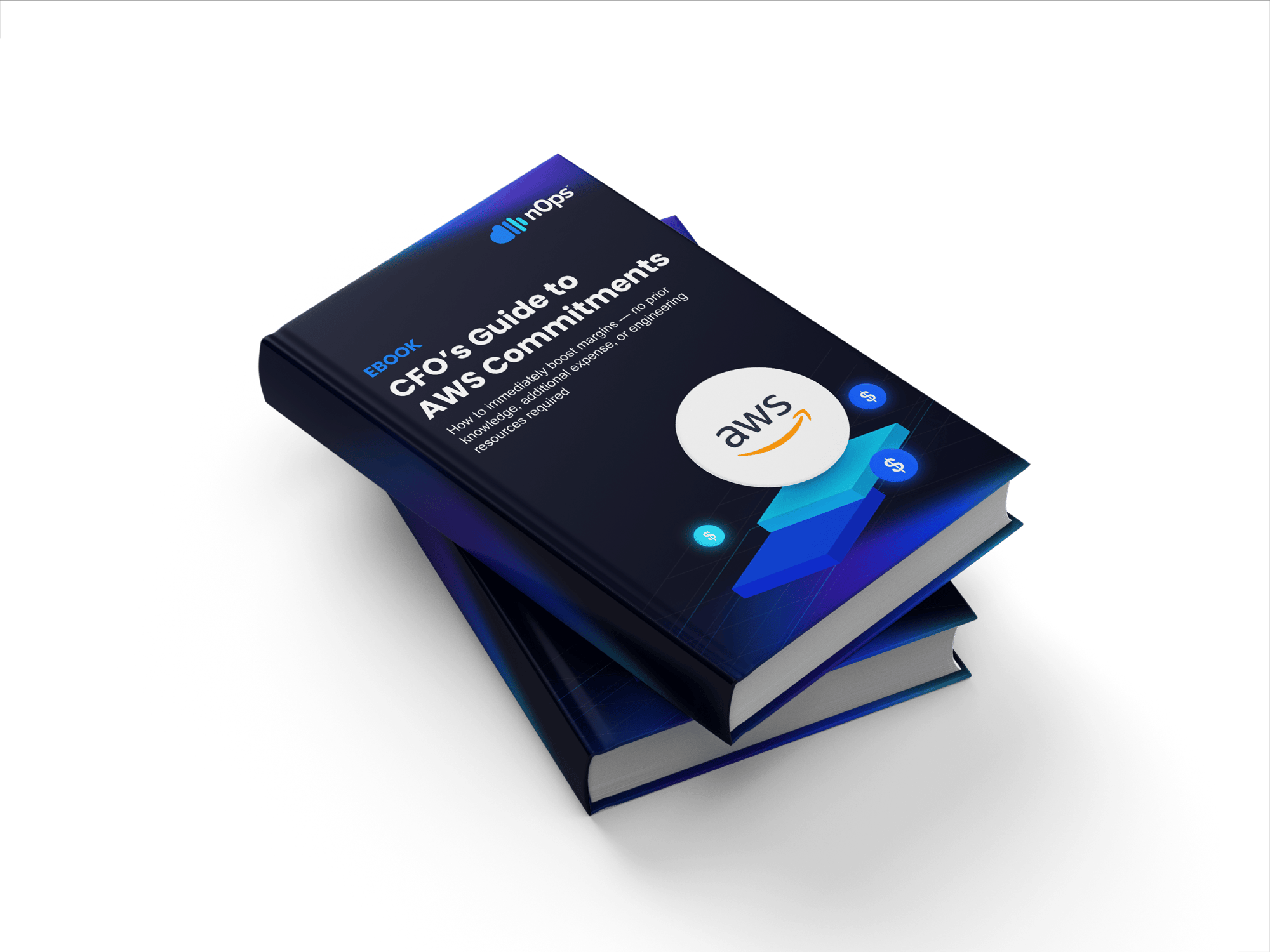- Blog
- Announcement
- NEW Streamlined AWS Instance Selection Based On Workload Requirements
NEW Streamlined AWS Instance Selection Based On Workload Requirements
Last Updated: July 25, 2024, Announcement
Why do engineers still have to know all of the different EC2 instance types?
With nOps, choosing instance types is now effortless. Just specify your workload requirements once, and we will automatically narrow down the right instance types so you never have to worry about compatibility.
This feature is invaluable for maximizing your Spot stability and savings with ASG or EKS. Shifting Spot market pricing and availability means you need access to the largest, most diverse range of appropriate instance types for the best reliability and price. With nOps, you instantly receive an optimal list of resources tailored to your workloads, removing any need to sift through the vast sea of AWS architecture options.
After this streamlined selection process, nOps analyzes and continuously reconsiders workload allocation based on instance diversity, region, availability zone, real-time Spot market data, and massive volumes of termination data — giving engineers the confidence that they are on the most stable and cost-optimal options at all times. It’s available today to configure in ASG, ECS Capacity Providers, Batch capacity providers, and Cluster Autoscaler node groups.
Let’s take a closer look at how it works.
- No-code selection: Simply select your architecture, category, and instance requirements in Compute Copilot, and Copilot narrows down the best instance families. Approve your choice, and Copilot handles the rest. (The feature is also fully manageable via API for those who desire programmatic control).
- Full flexibility & coverage. With Copilot, you can configure workloads in accordance with the requirements of any workload, including:
Accelerator Count | Number of hardware accelerator units (like GPUs, FPGAs) in an instance. |
Accelerator Manufacturers | Companies producing the hardware accelerators (e.g., NVIDIA, AMD) used in instances. |
Accelerator Names | Specific model names or identifiers for hardware accelerators in an instance (e.g. K80 Qualcomm AI100). |
Accelerator Total Memory MiB | Total memory in Mebibytes (MiB) across all accelerators in an instance. |
Accelerator Types | Categories of hardware accelerators (e.g., GPU, FPGA) based on functionality or architecture. |
Bare Metal | Instances providing direct access to physical hardware, without virtualization, for maximum performance. |
Baseline EBS Bandwidth Mbps | Guaranteed baseline bandwidth to Elastic Block Store (EBS) in Mbps for an instance (e.g. 1000 Mbps) |
Burstable Performance | Ability of instances to burst above baseline performance level when needed, using credits. |
CPU Manufacturers | Companies manufacturing the CPUs used in instances (e.g., Intel, AMD). |
ENITrunking | Filters instances that are compatible with the Elastic Network Interface trunking feature. |
Local Storage Types | Types of local storage (e.g., SSD, HDD) differing in speed and durability. |
Memory GiB Per VCPU | RAM in Gibibytes (GiB) allocated per Virtual CPU in an instance. |
MemoryMiB | The minimum Memory in MiB an instance should have. *Hidden when Dynamic CPU and Memory is enabled for ASG |
Network Bandwidth Gbps | Maximum network bandwidth available to an instance in Gbps. |
Network Interface Count | Number of network interfaces (NICs) that can be attached to an instance. |
Require Hibernate Support | Whether an instance needs the capability to hibernate and resume later without data loss. |
Total Local Storage GB | Cumulative size of all local storage in Gigabytes (GB) attached to an instance. |
VCpuCount | The minimum number of vCPUs an instance should have. *Hidden when Dynamic CPU and Memory is enabled for ASGNo-code selection: Simply select your architecture, category, and instance requirements in Compute Copilot, and Copilot narrows down the best instance families. Approve your choice, and Copilot handles the rest. (The feature is also fully manageable via API for those who desire programmatic control). |
- The highest reliability and savings. Copilot makes it easy to use Spot, automatically predicting Spot terminations 60 minutes in advance. Engineered to consider the most diverse variety of instance families possible, Copilot continually moves your workloads onto the safest, most cost-effective instances available.
- Awareness of your commitments. Copilot analyzes all of your commitments across your infrastructure to find the cost-optimal blend of RI, SP & Spot. You get discounts on all of your compute effort-free.
At nOps, our mission is to make it easy for engineers to optimize costs, so they can focus on building and innovating. With our platform, there’s no longer a reason to manually manage workloads; Copilot does it for you more effectively and at a lower cost.
And it’s easy to adopt — Copilot updates configurations in your AWS-native tools, meaning no major architecture update is needed to onboard or offboard. Plug it in or walk away at any time.
Join our customers using nOps to cut cloud costs and leverage automation with complete confidence by booking a demo today!






